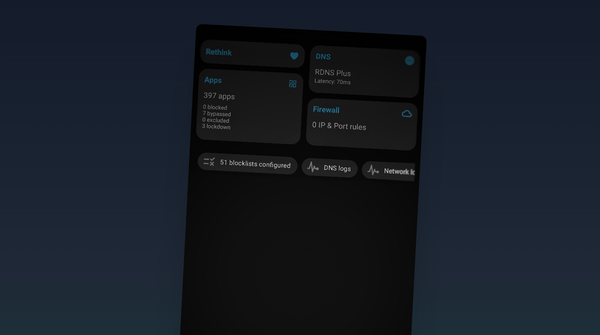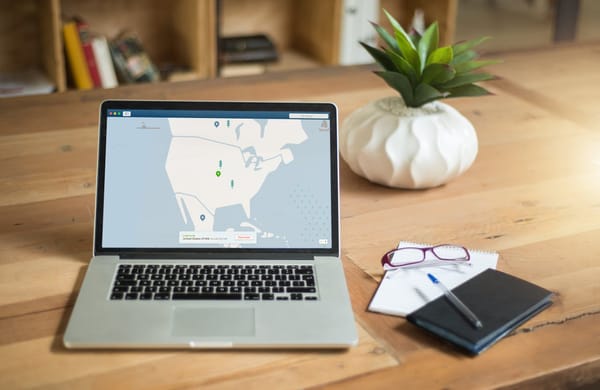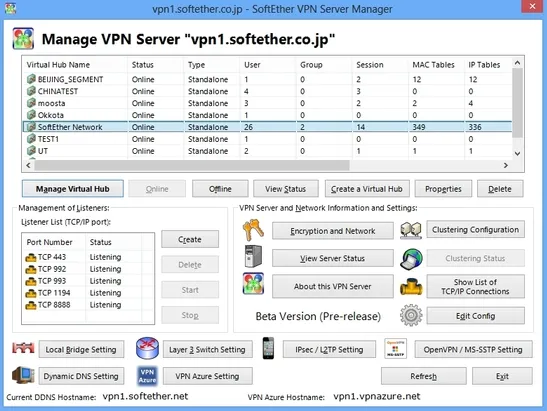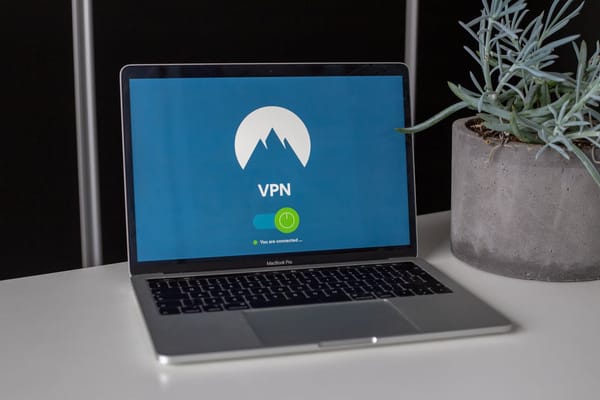Top 10 VPN Benefits Most People Don’t Know About
Table of Content
A virtual private network or VPN encrypts your internet connection, so no one can intercept the data sent to and from your device.
That said, VPNs can do a lot more than secure your connection and safeguard your identity. This is one of the reasons why VPN use increased by 160% in some countries during the global health crisis.
Let’s go over 10 great VPN benefits that most people aren’t aware of.
1. Stop the Most Common Type of Online Fraud
Phishing attacks constitute as much as 90% of all cyber security breaches. While a VPN by itself may not stop these altogether, it can help you create a better overall security system.
VPNs help you mask your IP address and location, which are the two most common ways to identify a person online. This helps you minimize the chances of being identified and subsequently targeted by an online attacker.
2. Establish an Anonymous Online Presence
It’s still not clear if complete internet anonymity is a possibility today. Nevertheless, if you’re attempting to become anonymous while online, a VPN is an essential ingredient.
VPNs can:
- Encrypt your data;
- Hide your traffic;
- Stop trackers;
- Allow access to blocked websites;
- And prevent targeted advertising.
These features, along with a few additional resources, can help you connect to the internet while sharing a minimal amount of information about yourself.
3. Access Censored Resources That Aren’t Available Everywhere
It’s common practice for researchers and other publishers to block their content based on location.
VPNs allow you to bypass these limitations and access censored content that’s not available to everyone.
In other words, you can view information that’s extremely difficult or impossible to find in some regions.
4. Use Any Wi-Fi Network Without Thinking Twice
Almost half of internet users connect to public Wi-Fi networks in the US. That number is much higher worldwide, where home and cellular connections are not as widely available.
The problem is that public Wi-Fi is not always safe. As a matter of fact, 4 out of 5 users are concerned about safety whenever they use one of these networks.
VPNs create a safe connection, even while on public Wi-Fi. This means that you can log into your apps, check your statements, and perform all other actions with peace of mind.
5. Build Browsing Habits That Support Good Mental Health
Targeted ads have become a common way to promote products and services. However, these can also have a negative effect.
More than 90% of consumers increase their expenses when exposed to personalized ads. This can lead to unnecessary financial insecurity and high-stress levels.
VPNs help you drastically reduce the number of personalized ads you see online. Since you’re using a different IP, ad companies are less likely to show you content that you relate to.
6. Ensure You’re Getting the Best Price for Products
Location-based price hikes, also known as price discrimination, can significantly increase your expenses.
Online companies follow this practice to boost their profits in certain areas. But this doesn’t mean you have to pay higher prices.
By connecting through a VPN like Surfshark US, you can connect from another country and avoid higher costs by hiding your location.
7. Stay Safe Even If Your VPN Connection is Interrupted
Bots, hackers, and companies track you for completely different reasons. Regardless, there’s a good chance you’re being monitored whenever you access the web.
Virtual private networks provide around-the-clock protection because they can stay connected indefinitely.
Some VPNs even come equipped with an auto kill-switch feature, which disconnects you from the internet altogether if your VPN connection is interrupted.
8. Protect All Data Access Points Against Hackers
Every device you use represents a potential access point for hackers and cybercriminals. Fortunately, VPNs can help you protect your smartphone, tablets, computers, and all other devices.
But, remember that all VPNs are different, so some providers may cap the number of devices you’re allowed. You need to take the time to compare device limitations before hiring a VPN.
For example, you can compare top providers like Surfshark vs CyberGhost to determine which one is the best fit for your devices.
9. Prevent Your Data From Appearing in Major Security Leaks
It’s common for internet providers and other companies to collect information about users and sell it to third parties. Some of the most common types of information that’s sold online include:
- Scanned driver’s license - starting at $70;
- Online banking login information - starting at $65;
- And Gmail/social media login details - Starting at $25.
The collection of data creates a huge ethical issue around privacy. Rather than seeing your data leaked in a security breach, you can prevent these companies from collecting your data by using a VPN.
10. Create an Ad-Less Digital Experience
Even when it’s not malicious, online ads can slow down your internet speed, consume more data, and force devices to use more processing power.
The good news is that a VPN can actually help you eliminate all ads from your browsing experience.
This feature removes advertisements from all pages without needing an additional blocker.
Just verify that the provider you choose has this option available.
Conclusion
VPNs go beyond a simple tool that can protect your phone or laptop. By leveraging the right VPN, you can avoid the most common type of fraud, use any Wi-Fi network, and create a fully ad-less experience while online.
The key is to find a VPN service with powerful features that help you connect safely from anywhere in the world.












